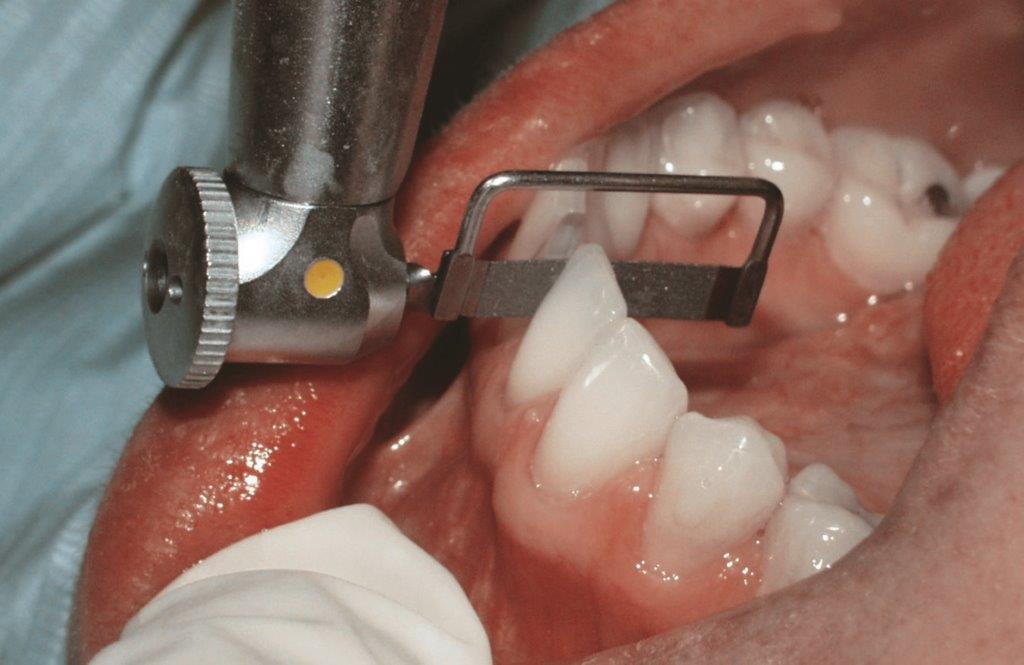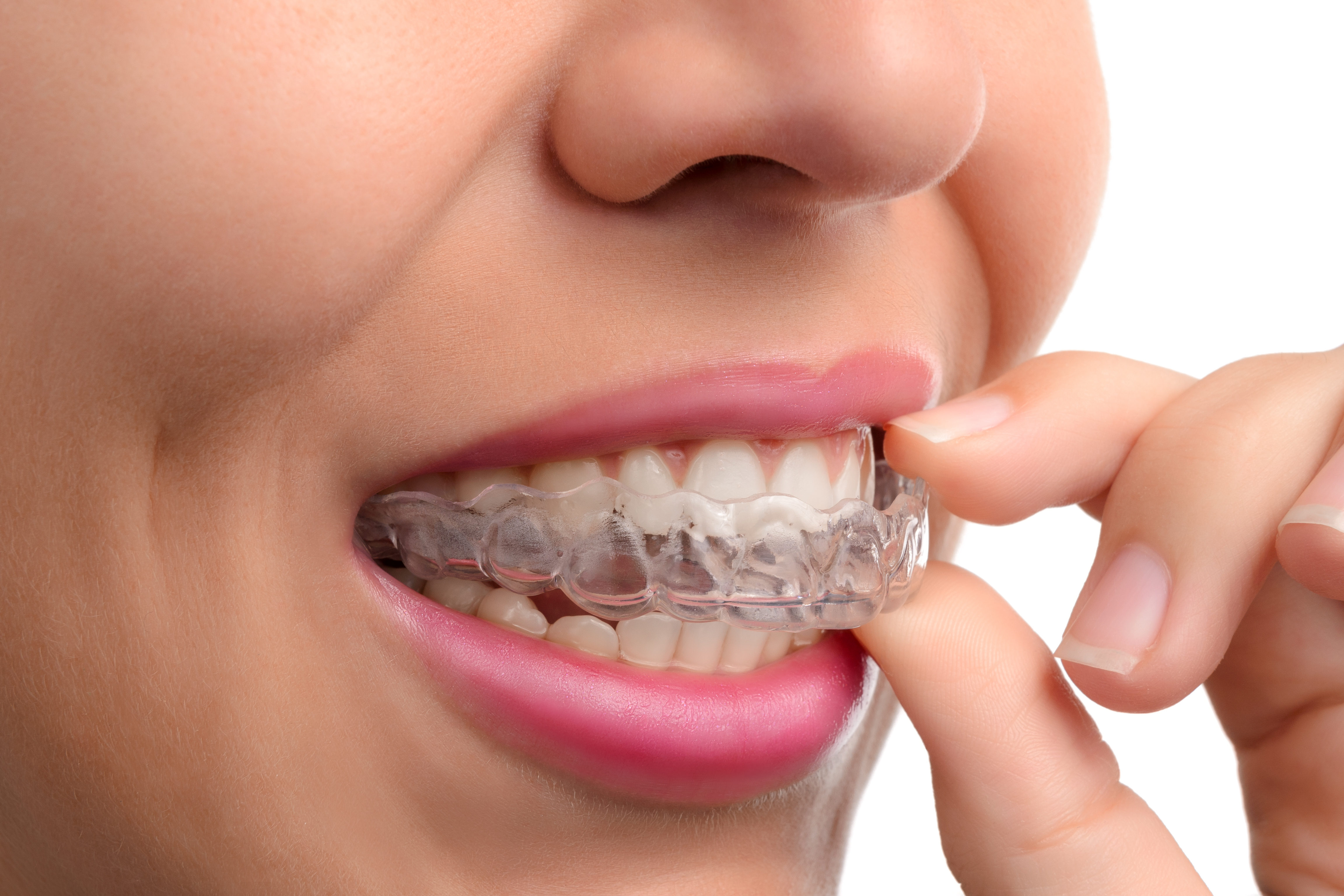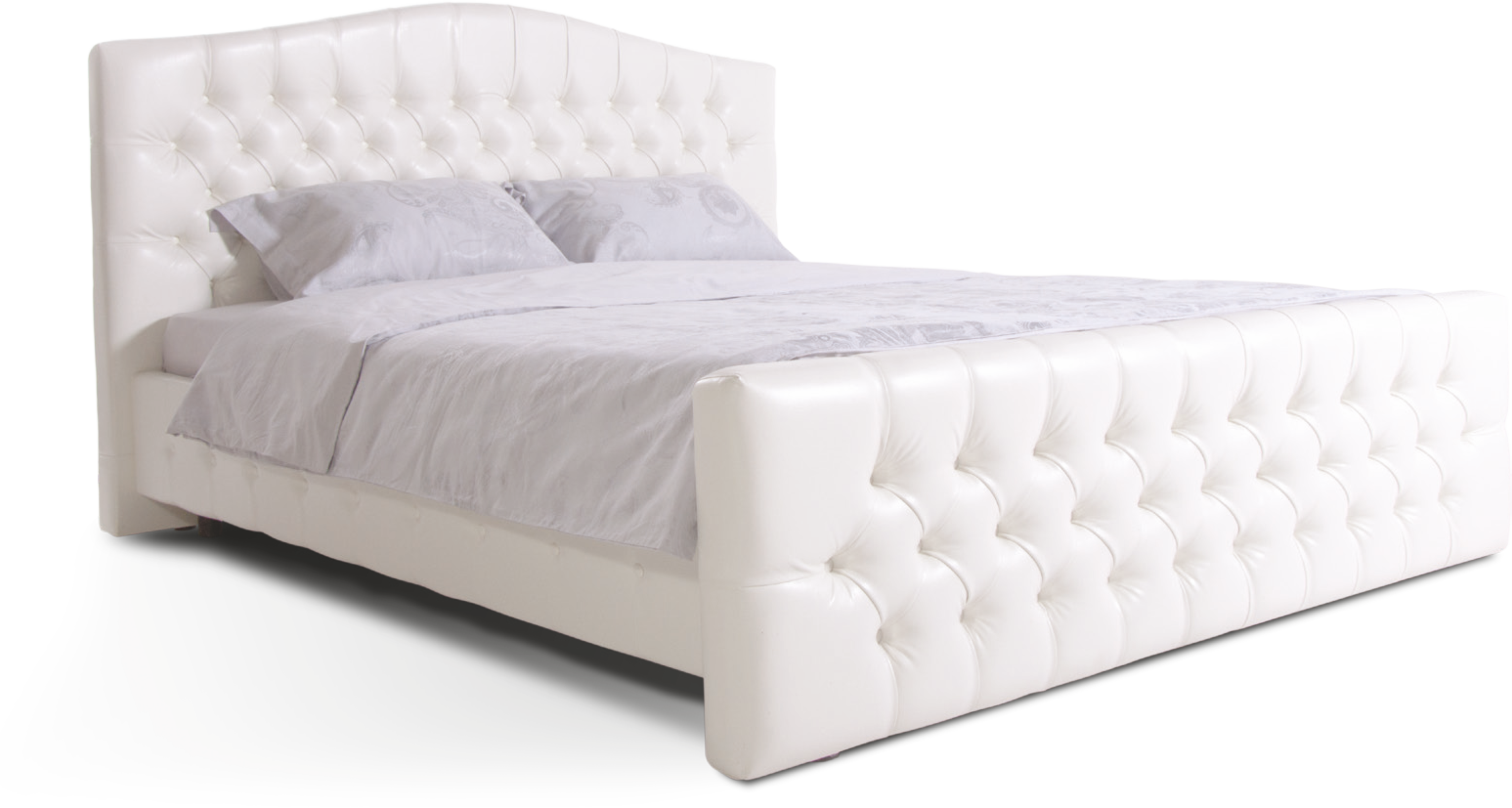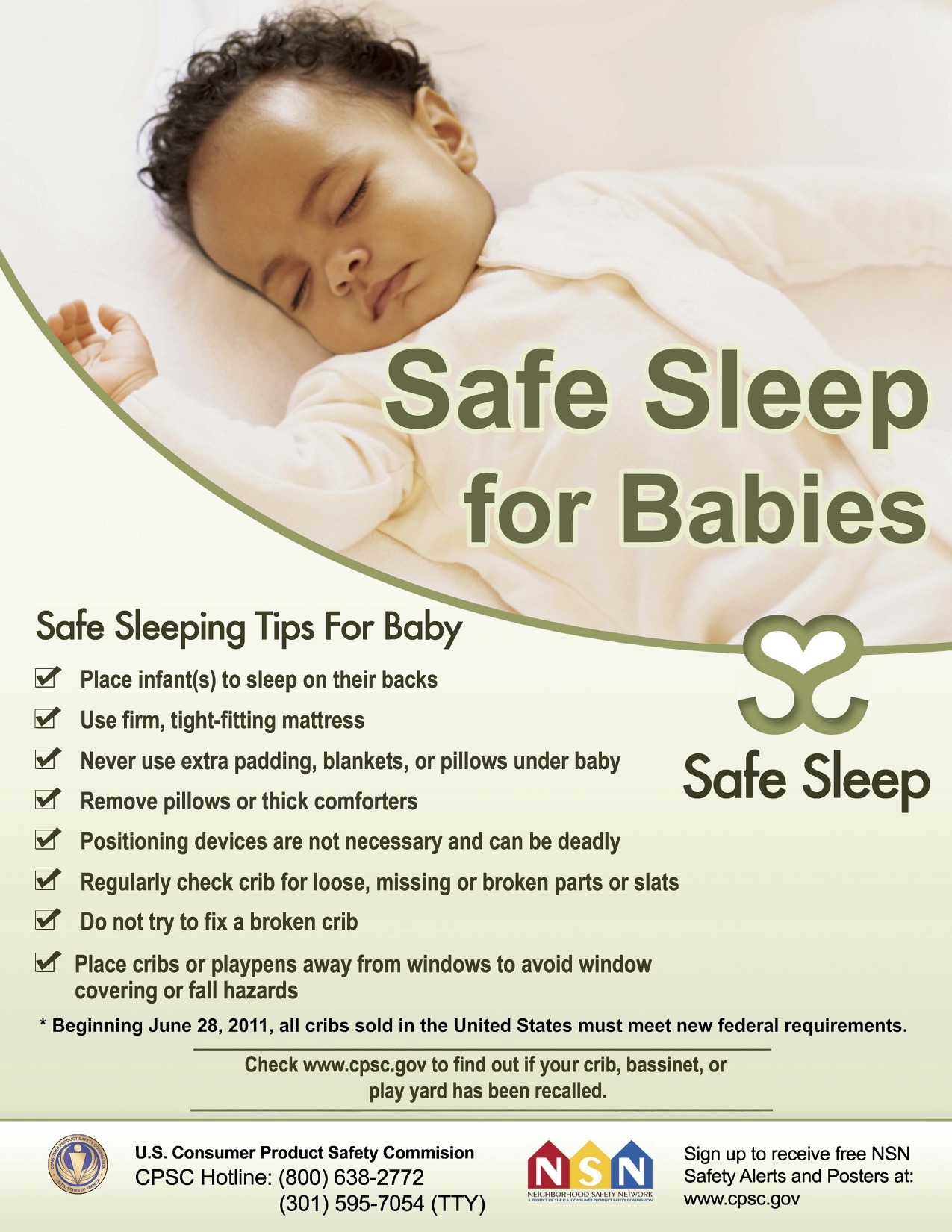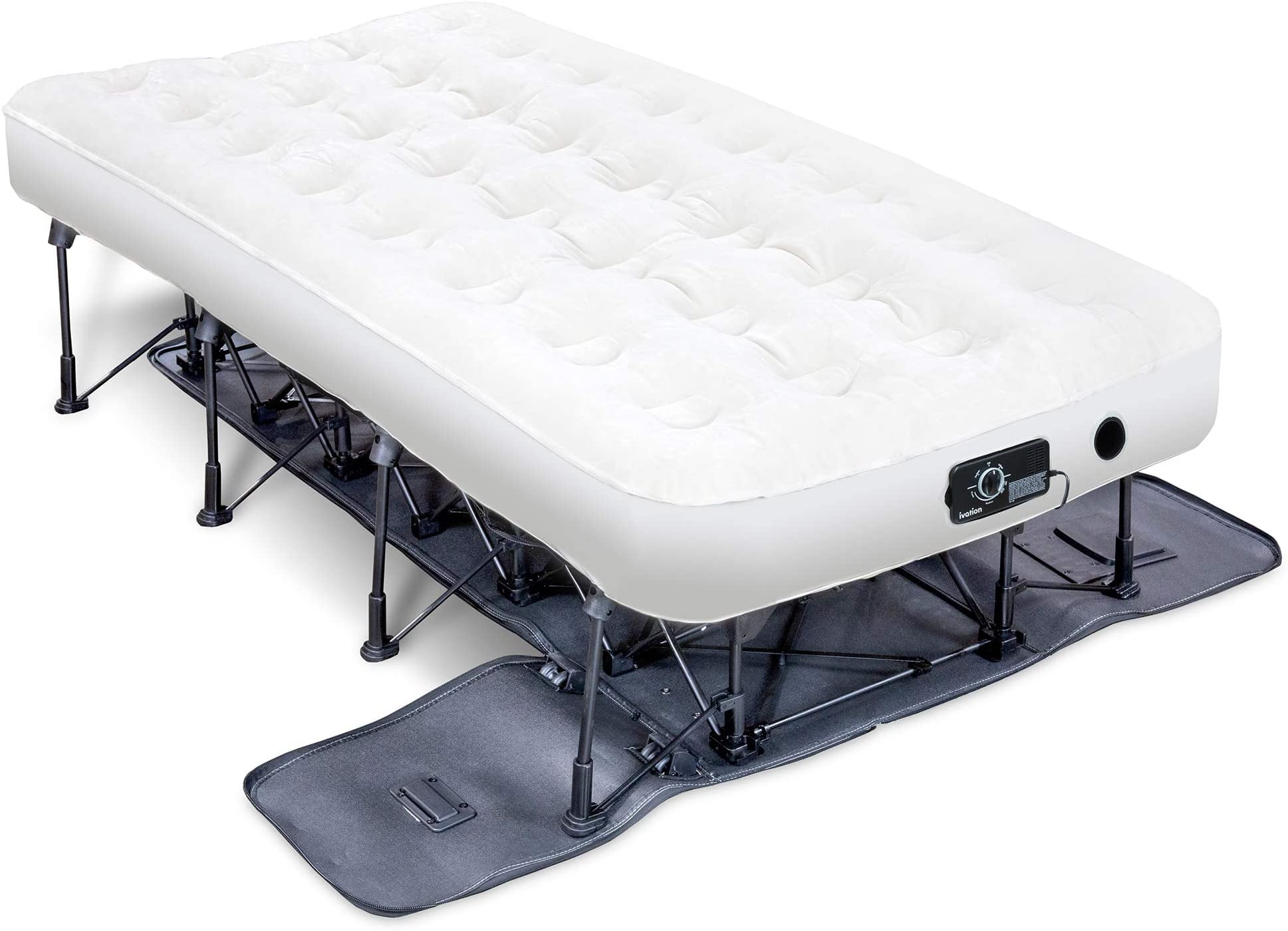When it comes to choosing a new mattress, there are many options on the market. However, the two most popular choices are memory foam and orthopedic mattresses. But which one is the best for you? Let's take a closer look at the top 10 features of each to help you make an informed decision.The Battle Between Memory Foam and Orthopedic Mattresses
When it comes to comfort, both memory foam and orthopedic mattresses have their own unique qualities. Memory foam is known for its pressure-relieving properties, contouring to the shape of your body for a cradling effect. Orthopedic mattresses, on the other hand, are designed to provide targeted support for different areas of your body, making them ideal for those with back or joint pain.1. The Comfort Factor
Both types of mattresses are made with different materials. Memory foam is made from polyurethane, while orthopedic mattresses are usually made with a combination of foam, latex, and/or springs. This means that orthopedic mattresses may have a more traditional feel, while memory foam mattresses are known for their unique sinking sensation.2. The Material
When it comes to longevity, both types of mattresses are known for their durability. However, memory foam mattresses tend to last longer than orthopedic mattresses due to their high-density foam construction. This means that they can maintain their shape and support for a longer period of time.3. The Durability
While both types of mattresses offer support, orthopedic mattresses are specifically designed to provide targeted support for your body. This can be beneficial for those with specific areas of concern, such as back pain or joint issues. Memory foam mattresses, on the other hand, offer more overall support by evenly distributing your body weight.4. The Support Factor
When it comes to cost, memory foam mattresses tend to be more expensive than orthopedic mattresses. This is due to the higher quality materials used in their construction. However, orthopedic mattresses can also be quite pricey, especially if they have additional features such as cooling gel or adjustable firmness levels.5. The Cost
If you sleep with a partner, you may be concerned about motion transfer on your mattress. Memory foam mattresses are known for their ability to absorb movement, making them ideal for couples. However, some orthopedic mattresses also have features that reduce motion transfer, such as individually wrapped coils.6. The Motion Transfer Factor
One common complaint about memory foam mattresses is that they can retain heat and make sleepers feel hot. However, many brands now offer cooling features such as gel-infused foam or breathable covers to combat this issue. On the other hand, orthopedic mattresses tend to have better airflow due to the use of materials like latex and coils.7. The Cooling Factor
If you suffer from allergies, you may want to consider a mattress that is hypoallergenic. Both memory foam and orthopedic mattresses can be hypoallergenic, but orthopedic mattresses may be a better choice for those with severe allergies as they are less likely to trap dust and allergens.8. The Allergen Factor
If you are on the heavier side, you may want to consider the weight limit of a mattress before making a purchase. Memory foam mattresses tend to have a higher weight limit, as they can compress and distribute weight more evenly. Orthopedic mattresses, on the other hand, may be more prone to sagging under heavier weights.9. The Weight Limit
The Benefits of Memory Foam and Orthopedic Mattresses for a Better Night's Sleep
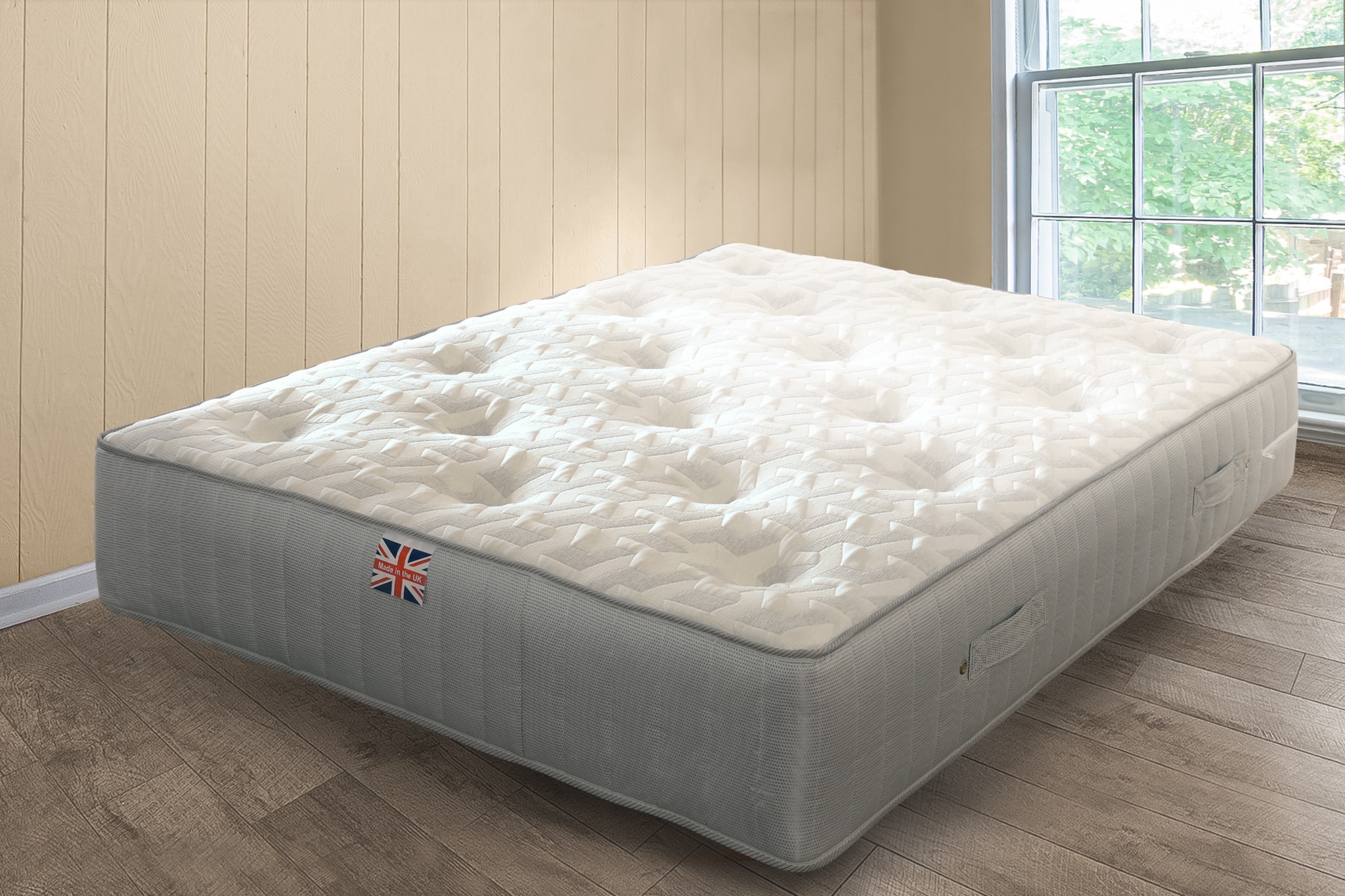
Choosing the right mattress is essential for a good night's rest and overall well-being.
 When it comes to choosing a mattress, there are a variety of options available on the market, but two popular choices are memory foam and orthopedic mattresses. Both of these types of mattresses offer unique benefits and can greatly improve the quality of your sleep. Let's take a closer look at what sets these mattresses apart and why they may be the perfect choice for you.
When it comes to choosing a mattress, there are a variety of options available on the market, but two popular choices are memory foam and orthopedic mattresses. Both of these types of mattresses offer unique benefits and can greatly improve the quality of your sleep. Let's take a closer look at what sets these mattresses apart and why they may be the perfect choice for you.
The Science Behind Memory Foam Mattresses
 Memory foam mattresses are made from a special type of material called viscoelastic foam, which was originally developed by NASA for use in space shuttle seats. This material is known for its ability to conform to your body's shape, providing customized support and pressure relief. When you lie down on a memory foam mattress, the foam responds to your body's heat and weight, molding to your curves and evenly distributing your body weight. This reduces pressure points and allows your spine to stay in a natural, neutral position, promoting proper alignment and reducing back pain.
Memory foam mattresses are made from a special type of material called viscoelastic foam, which was originally developed by NASA for use in space shuttle seats. This material is known for its ability to conform to your body's shape, providing customized support and pressure relief. When you lie down on a memory foam mattress, the foam responds to your body's heat and weight, molding to your curves and evenly distributing your body weight. This reduces pressure points and allows your spine to stay in a natural, neutral position, promoting proper alignment and reducing back pain.
The Benefits of Orthopedic Mattresses
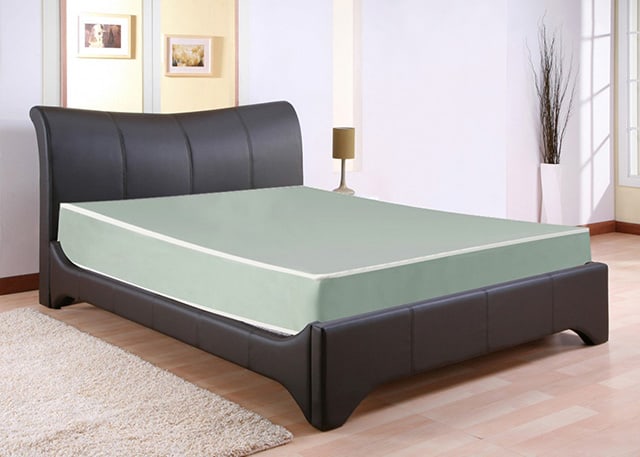 Orthopedic mattresses are designed to support the body's musculoskeletal system and provide relief for back, neck, and joint pain. These mattresses are typically made with a combination of materials such as memory foam, latex, and pocket springs, which work together to provide targeted support and cushioning for different areas of the body. This type of mattress is especially beneficial for those with chronic pain or injuries, as it can help alleviate discomfort and promote healing.
Orthopedic mattresses are designed to support the body's musculoskeletal system and provide relief for back, neck, and joint pain. These mattresses are typically made with a combination of materials such as memory foam, latex, and pocket springs, which work together to provide targeted support and cushioning for different areas of the body. This type of mattress is especially beneficial for those with chronic pain or injuries, as it can help alleviate discomfort and promote healing.
Which One is Right for You?
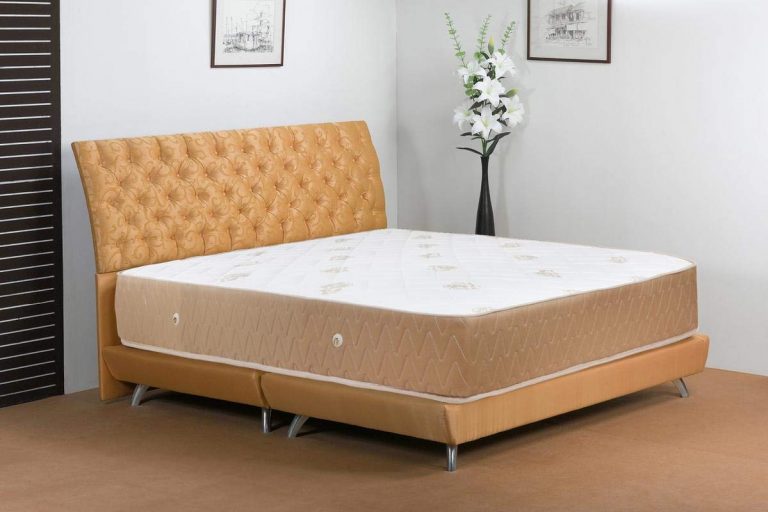 Choosing between a memory foam and orthopedic mattress ultimately depends on your specific needs and preferences. If you struggle with back pain or need extra support, an orthopedic mattress may be the better option for you. However, if you prefer a softer, more contouring feel, a memory foam mattress may be the way to go. It's important to consider your sleeping habits, body type, and any existing health conditions when making your decision.
Whichever type of mattress you choose, investing in a high-quality and comfortable mattress is crucial for a good night's sleep and overall health. So, take the time to do your research and find the perfect fit for your needs.
With the right mattress, you can wake up feeling refreshed and ready to take on the day.
Choosing between a memory foam and orthopedic mattress ultimately depends on your specific needs and preferences. If you struggle with back pain or need extra support, an orthopedic mattress may be the better option for you. However, if you prefer a softer, more contouring feel, a memory foam mattress may be the way to go. It's important to consider your sleeping habits, body type, and any existing health conditions when making your decision.
Whichever type of mattress you choose, investing in a high-quality and comfortable mattress is crucial for a good night's sleep and overall health. So, take the time to do your research and find the perfect fit for your needs.
With the right mattress, you can wake up feeling refreshed and ready to take on the day.

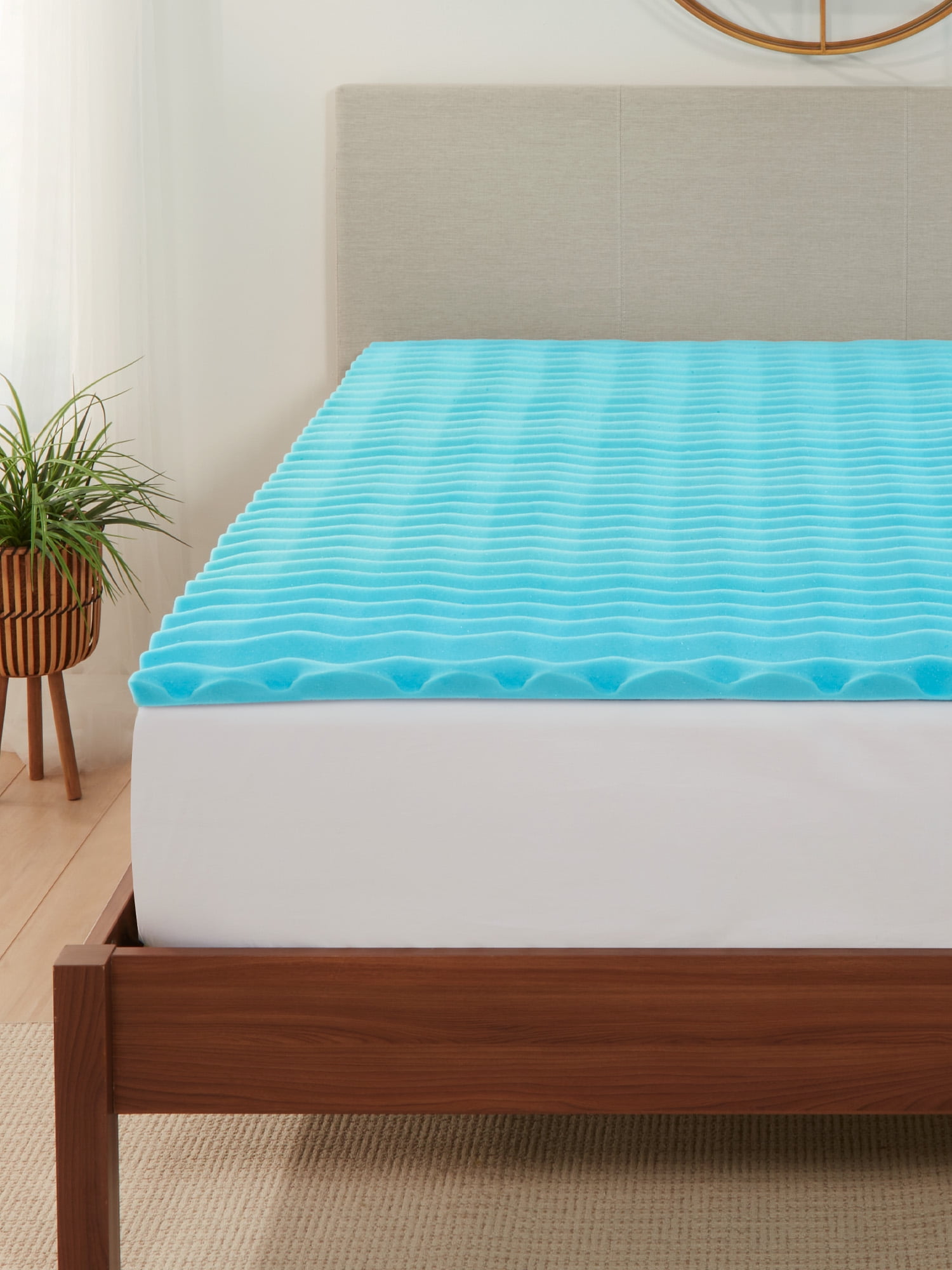










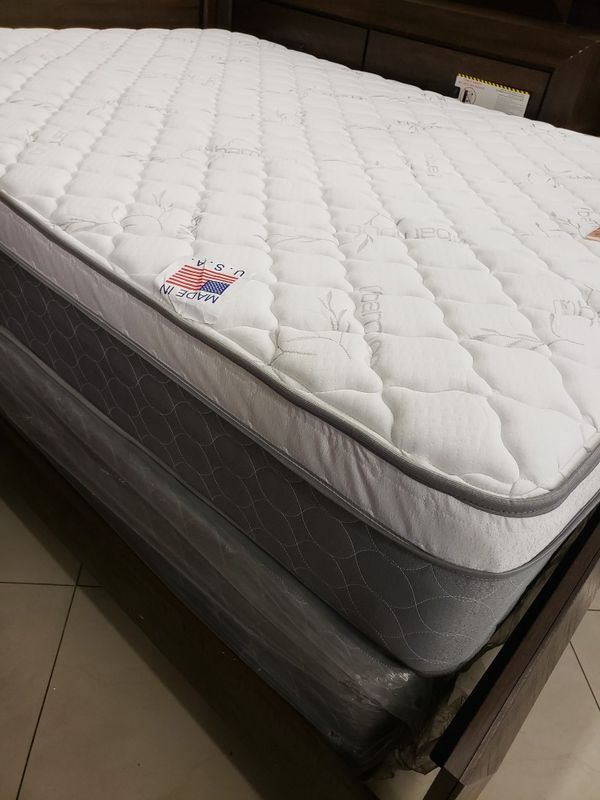
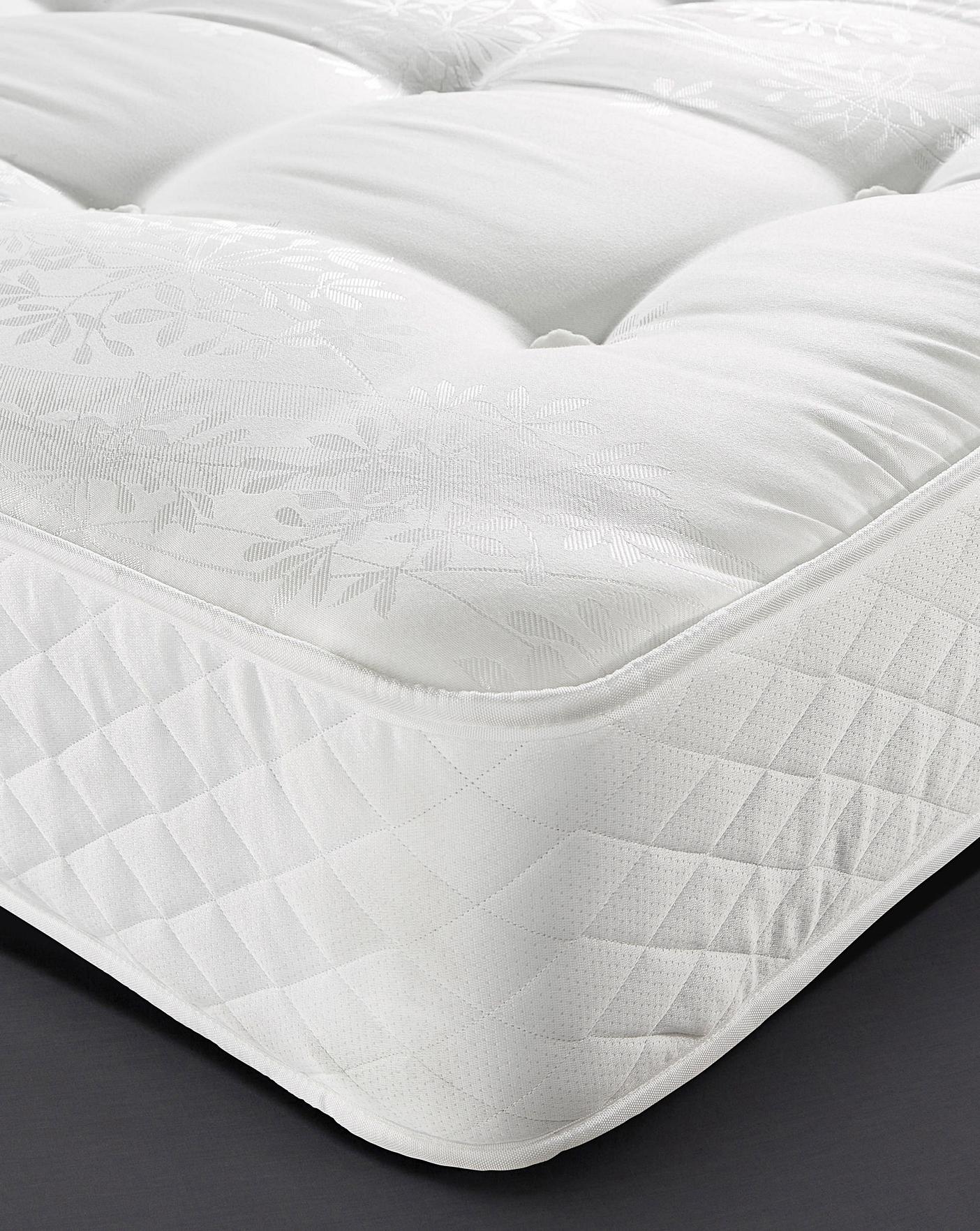
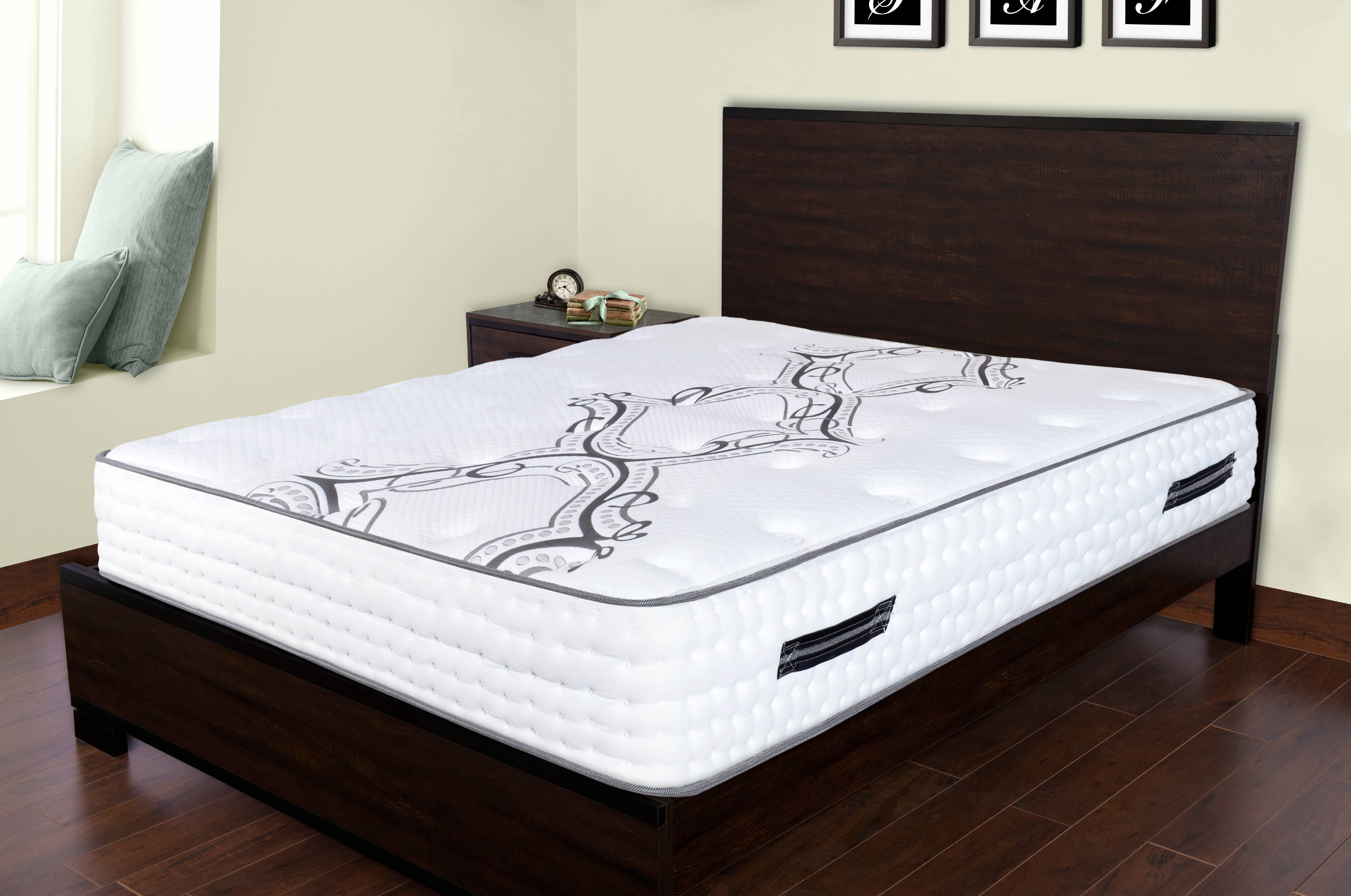
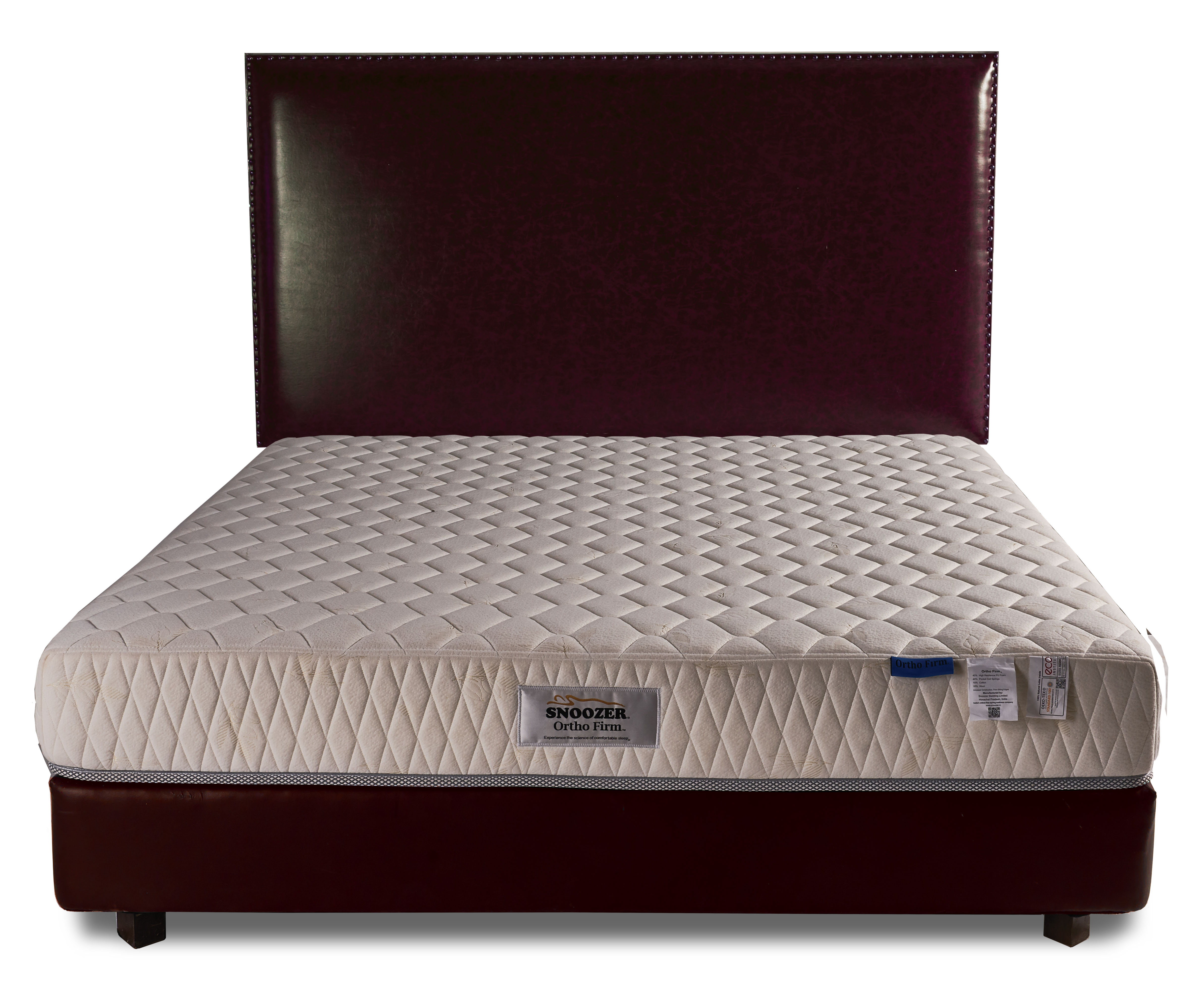



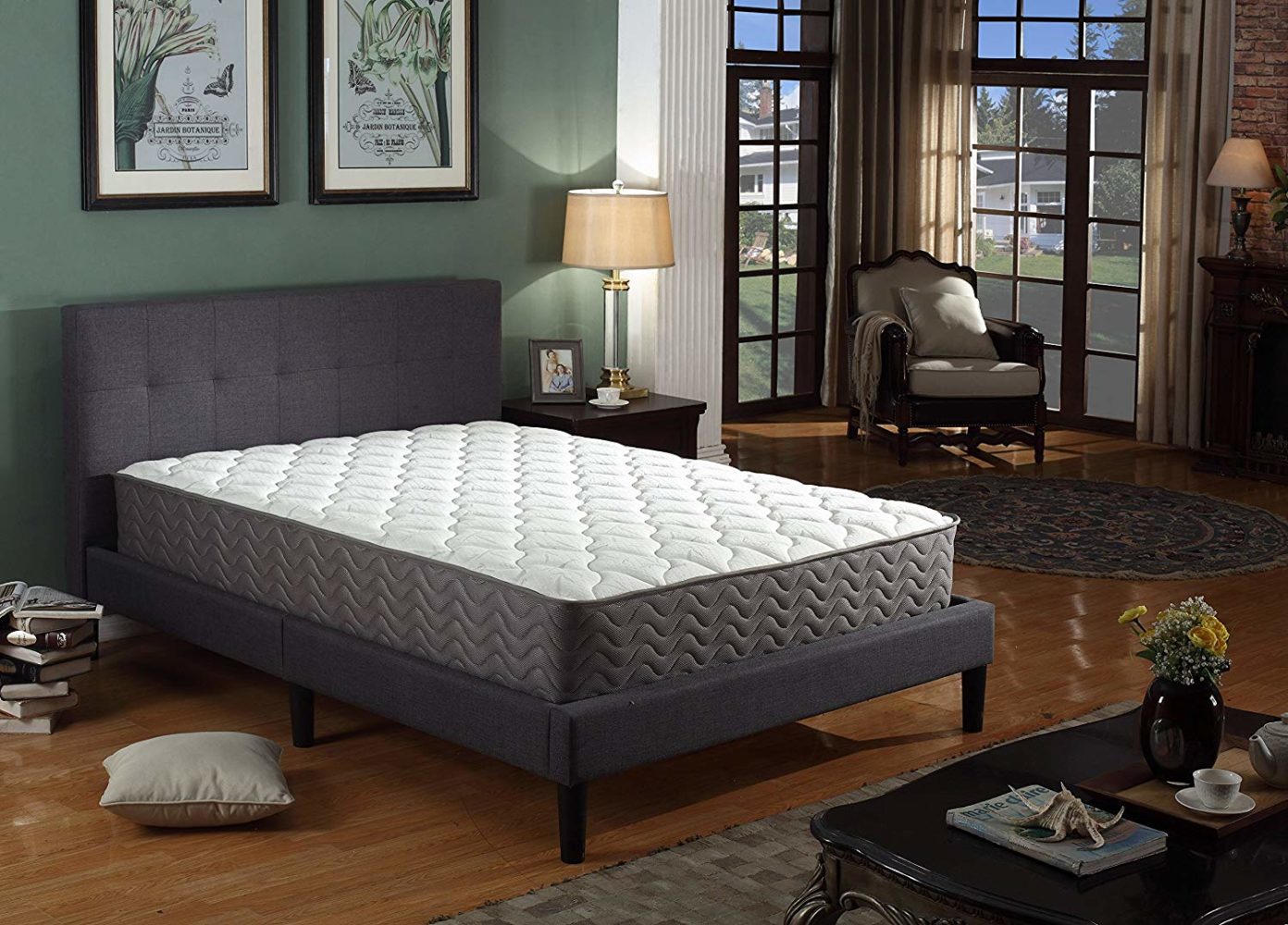

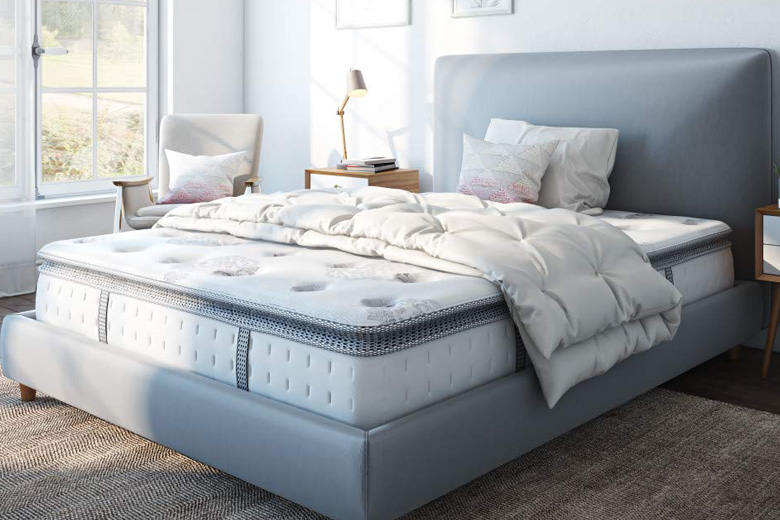






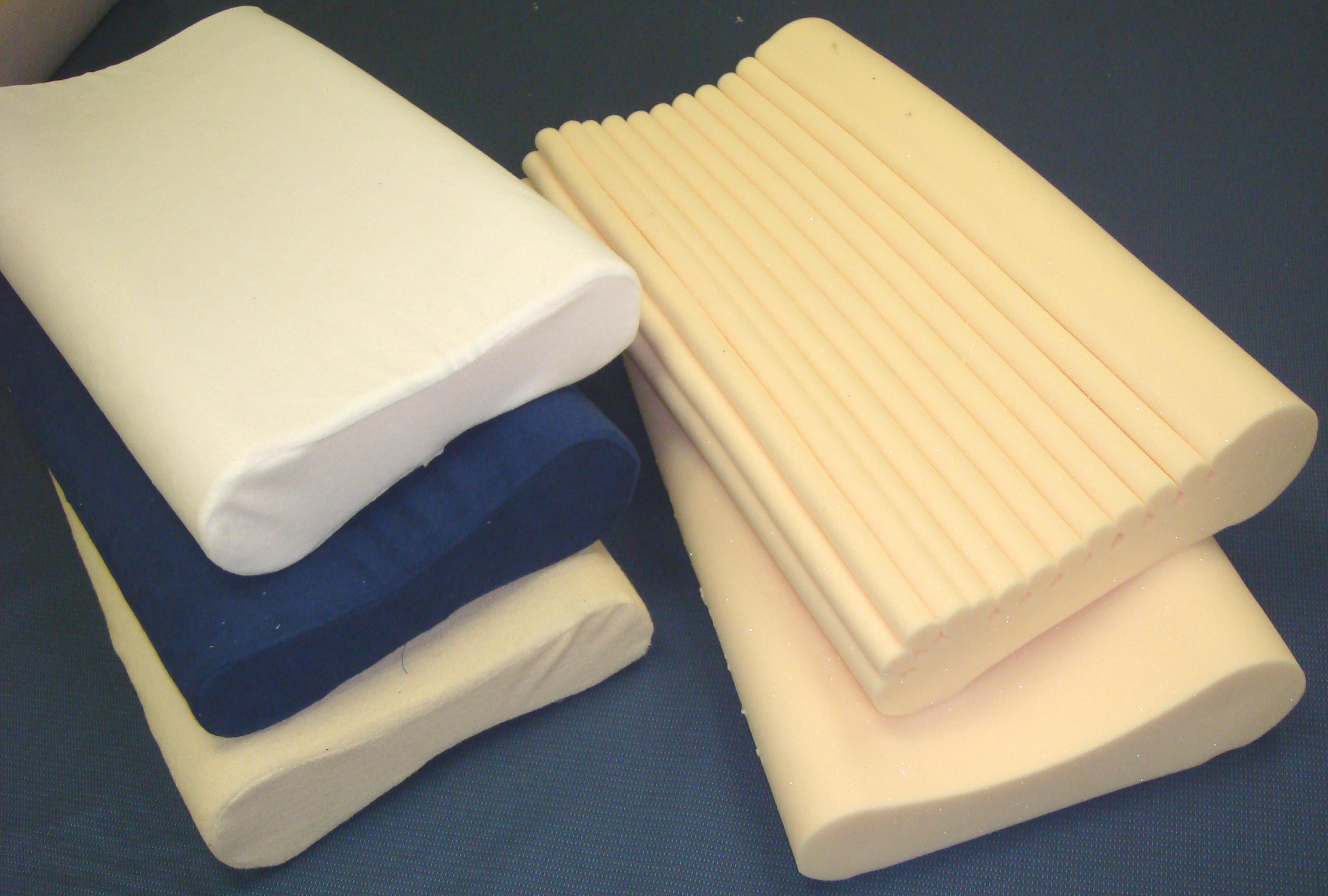
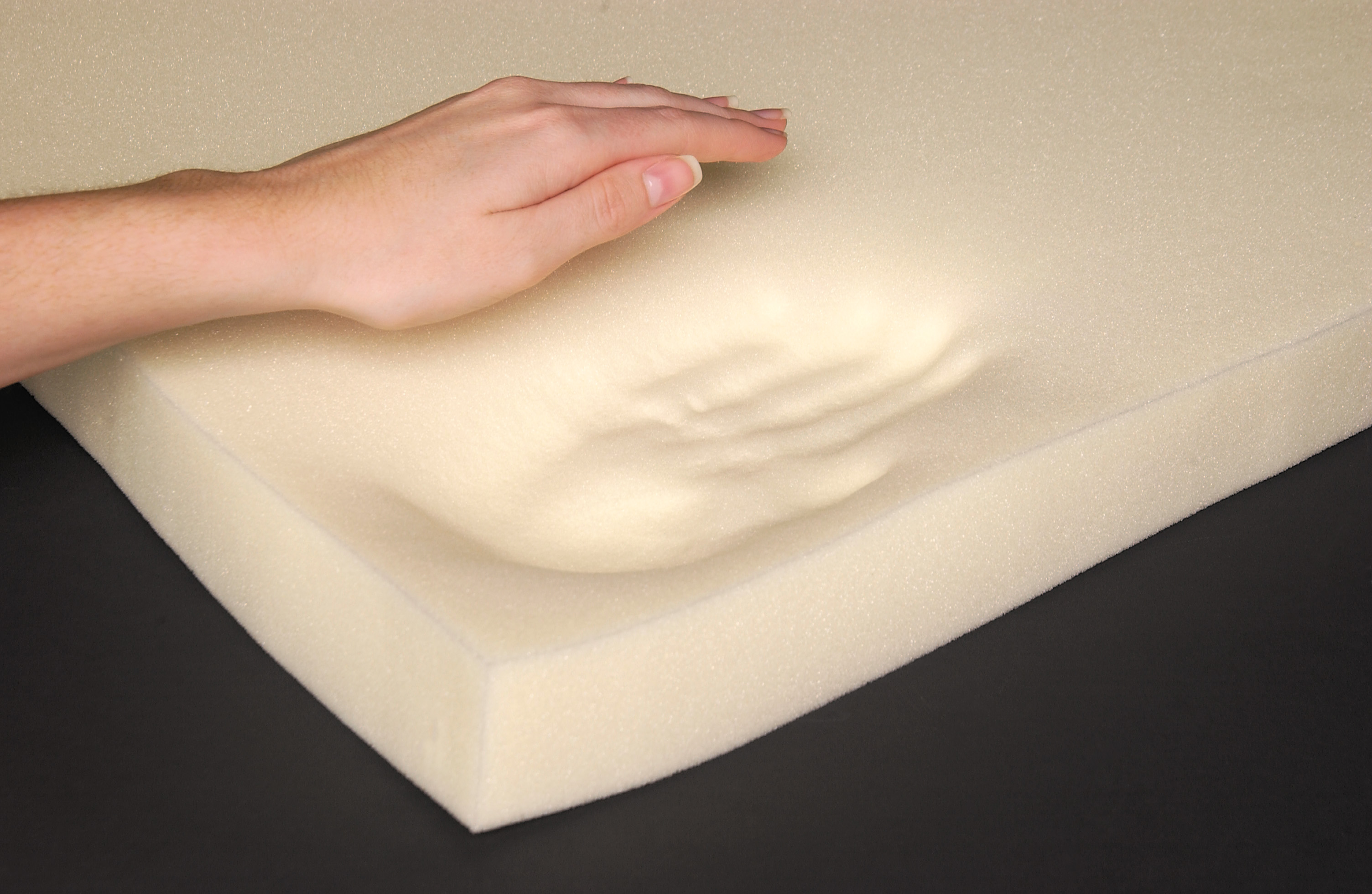
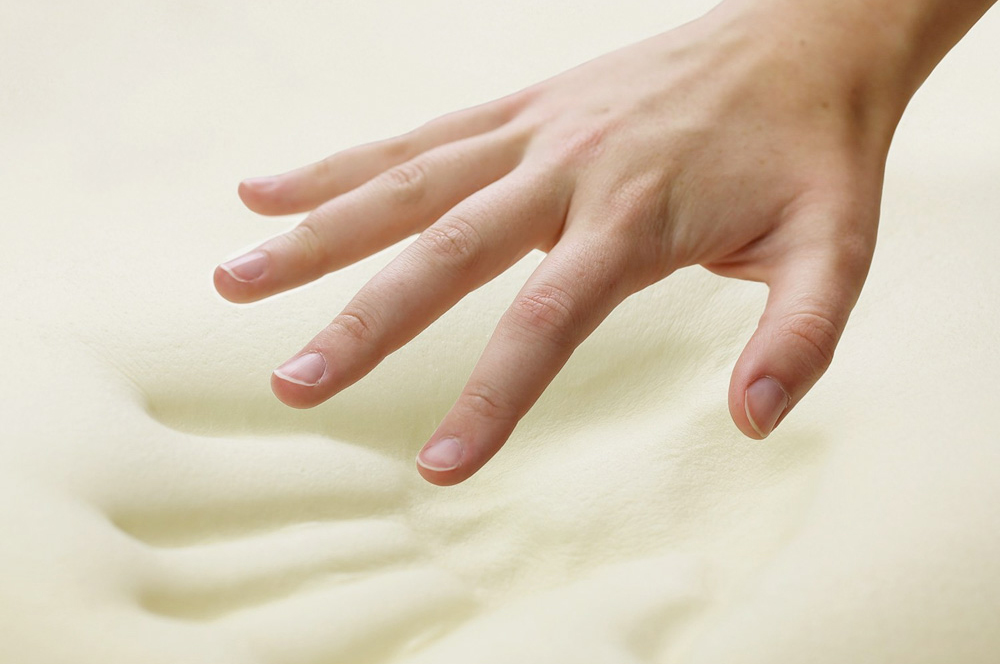
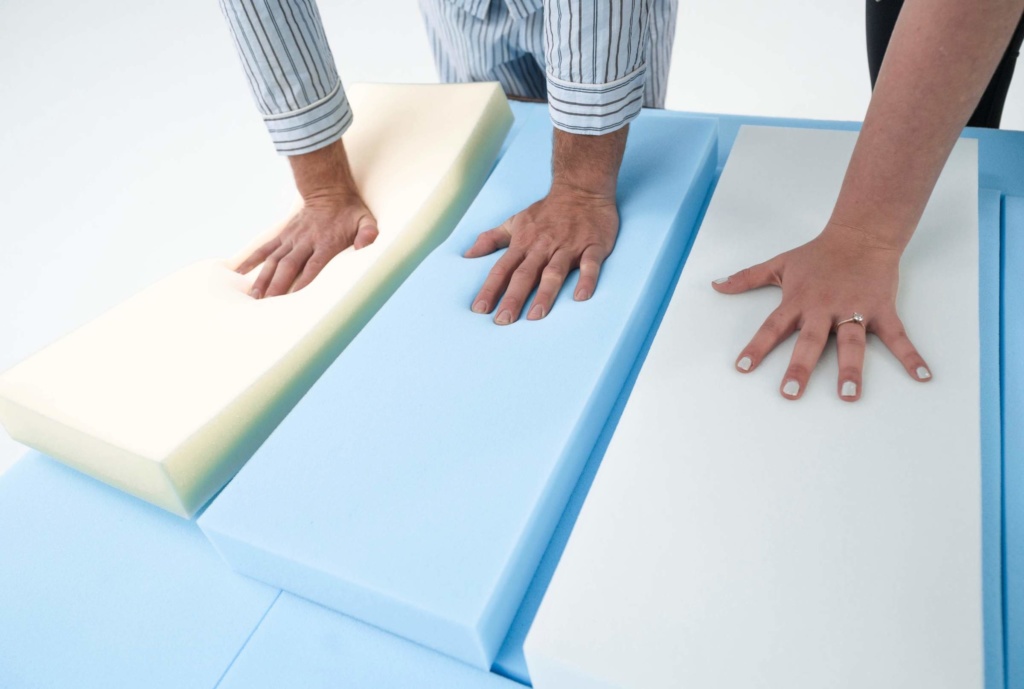














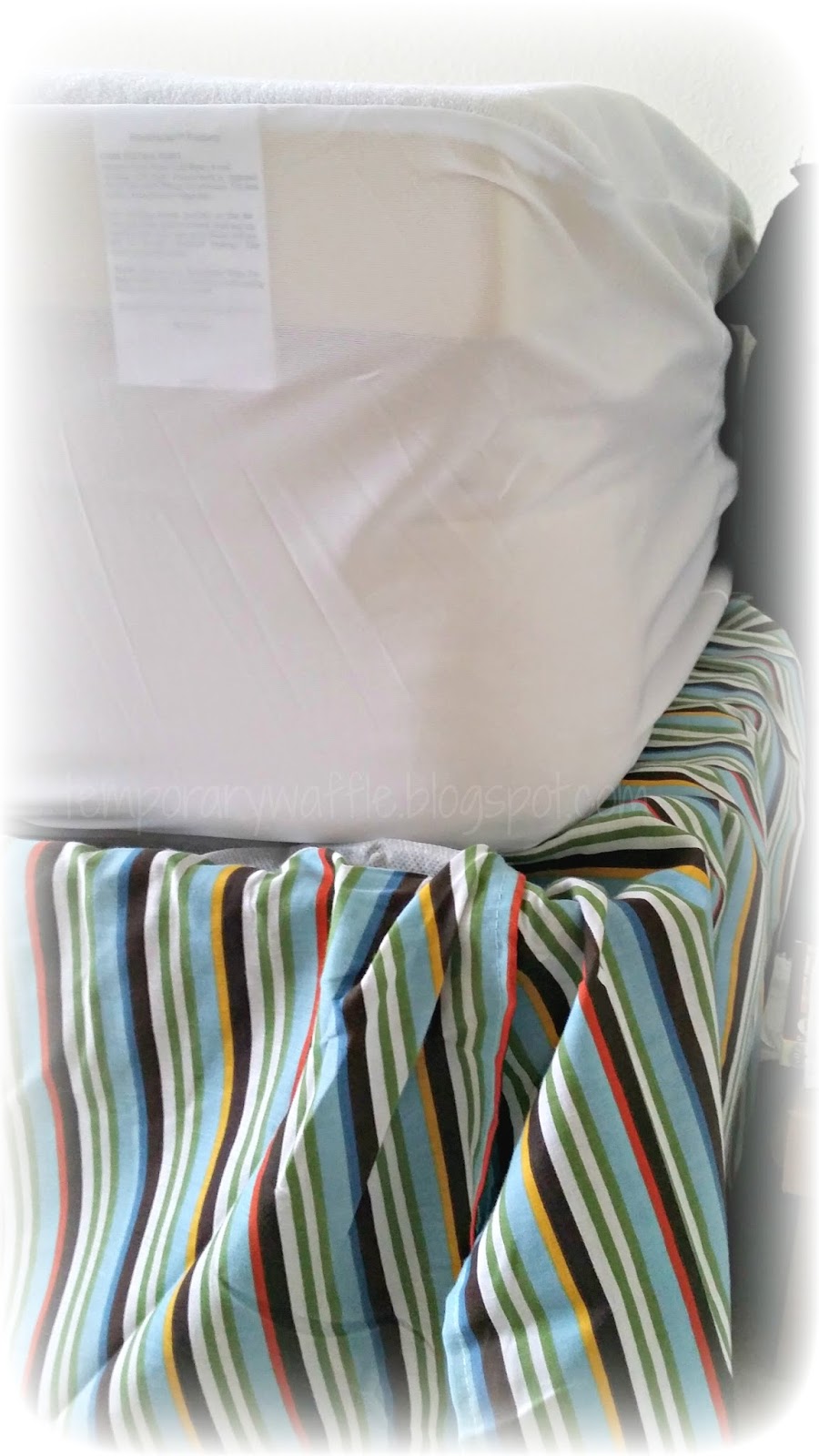

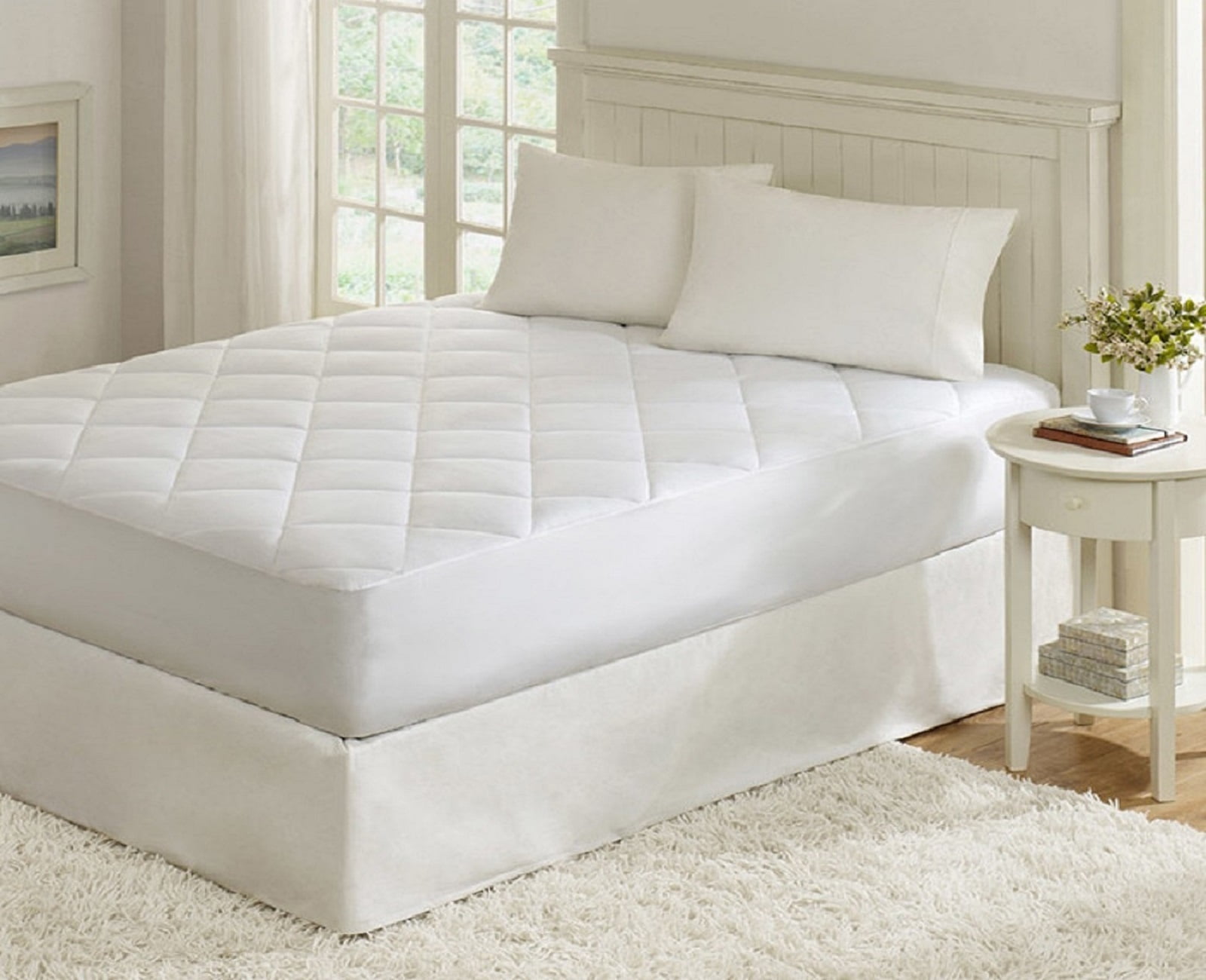

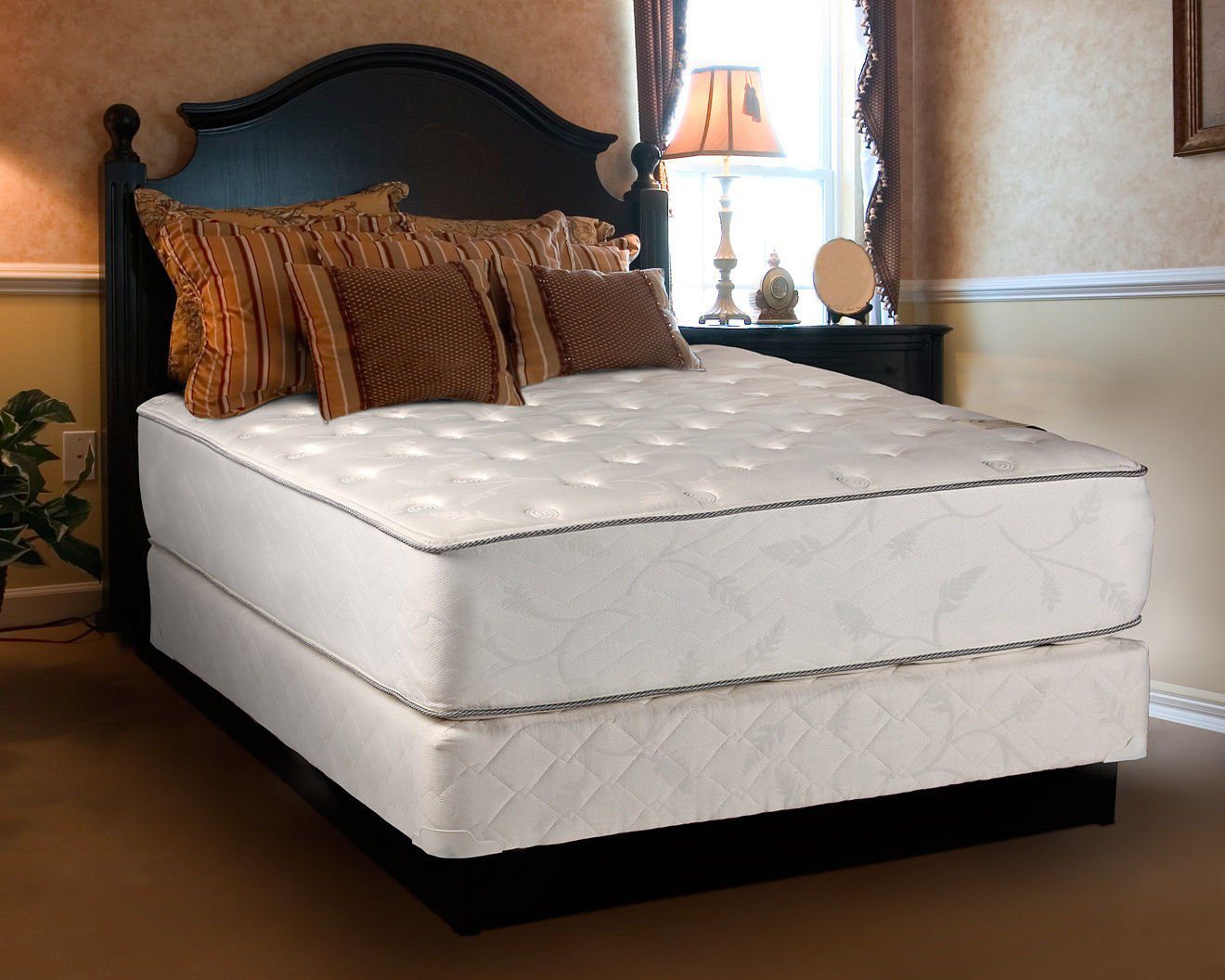
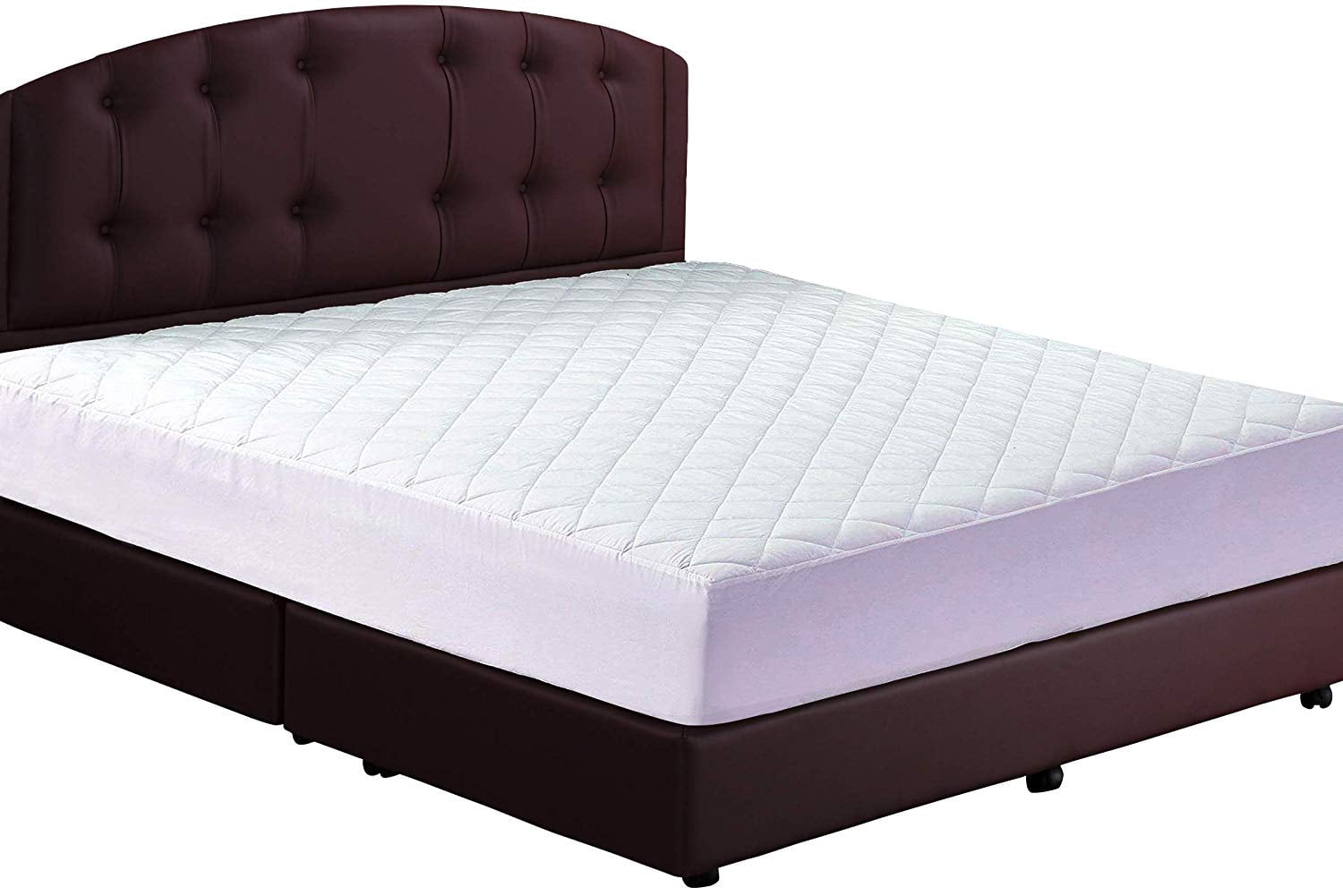



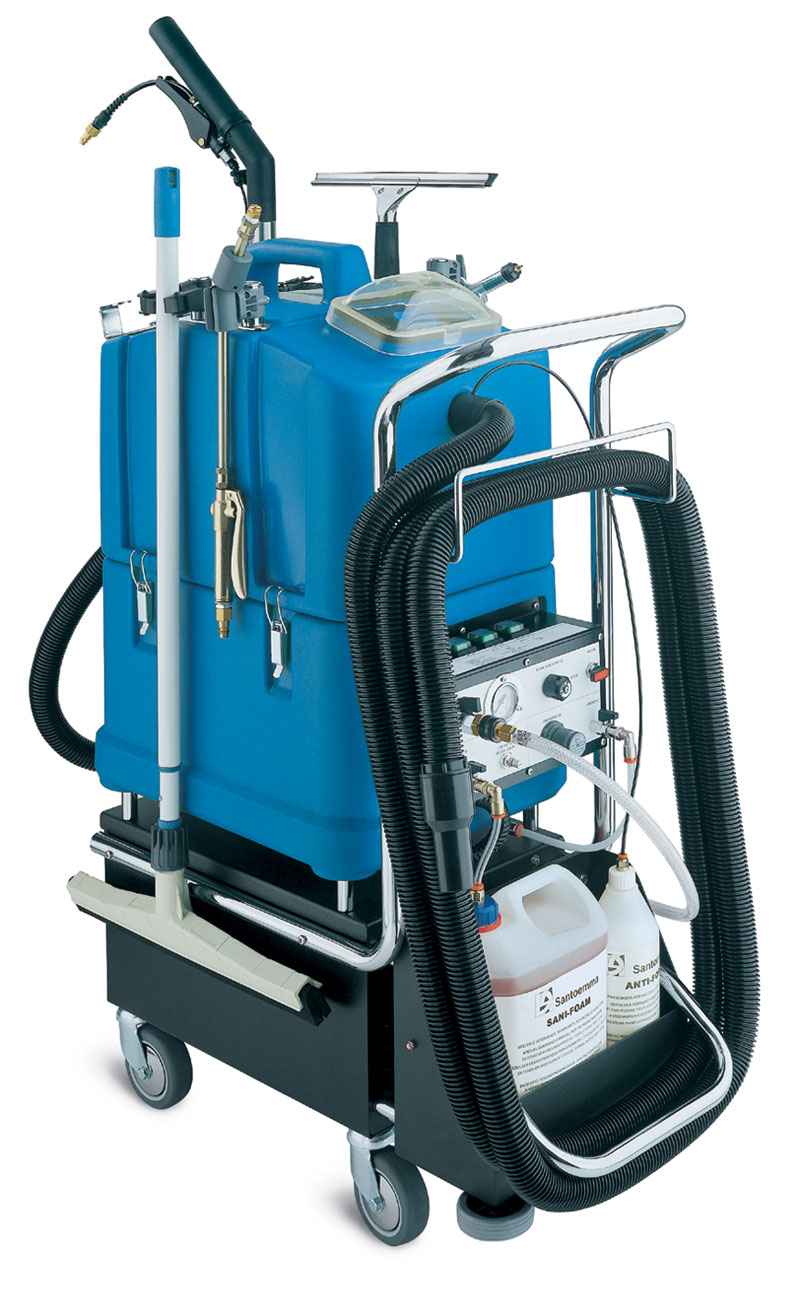





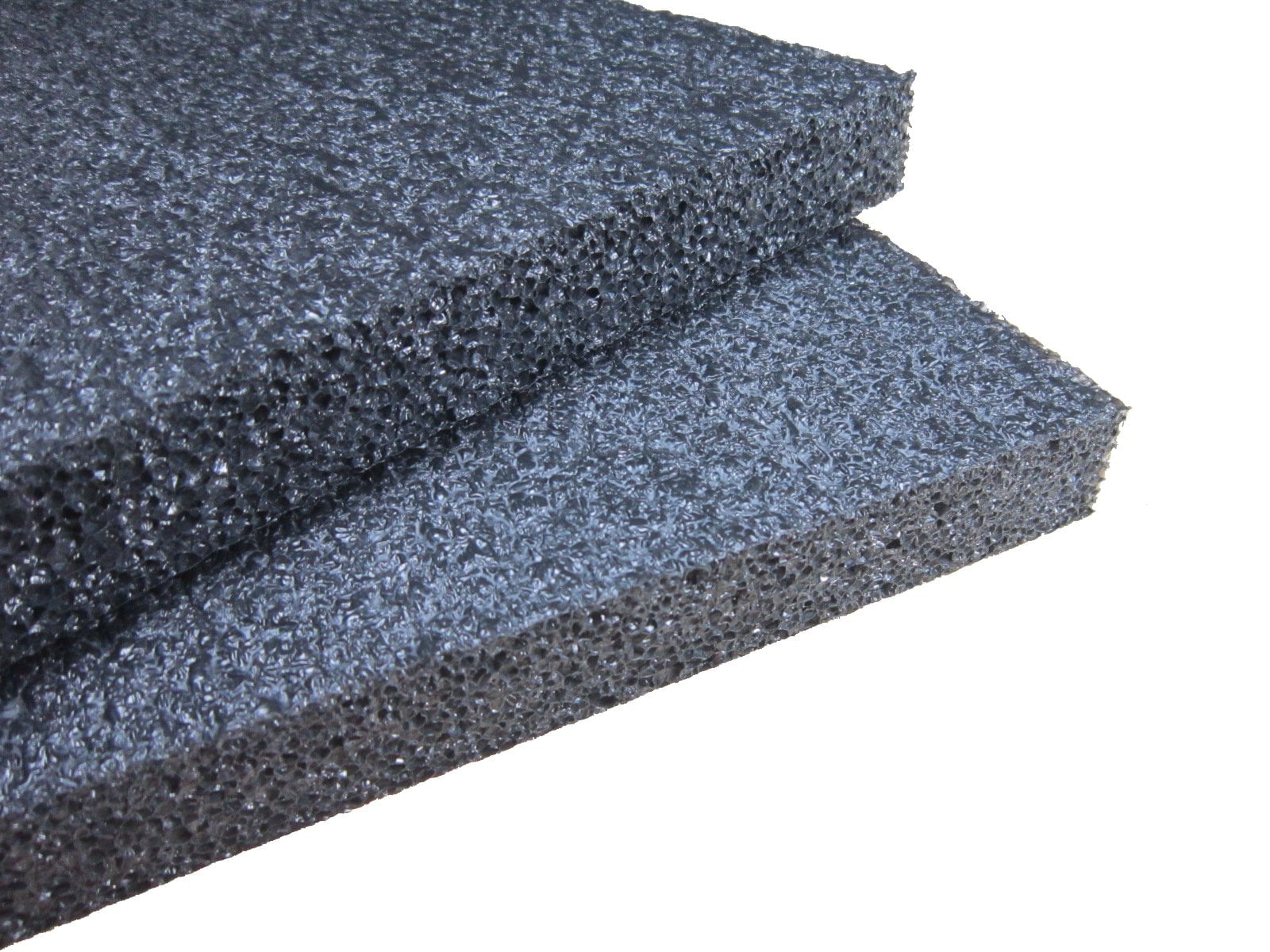
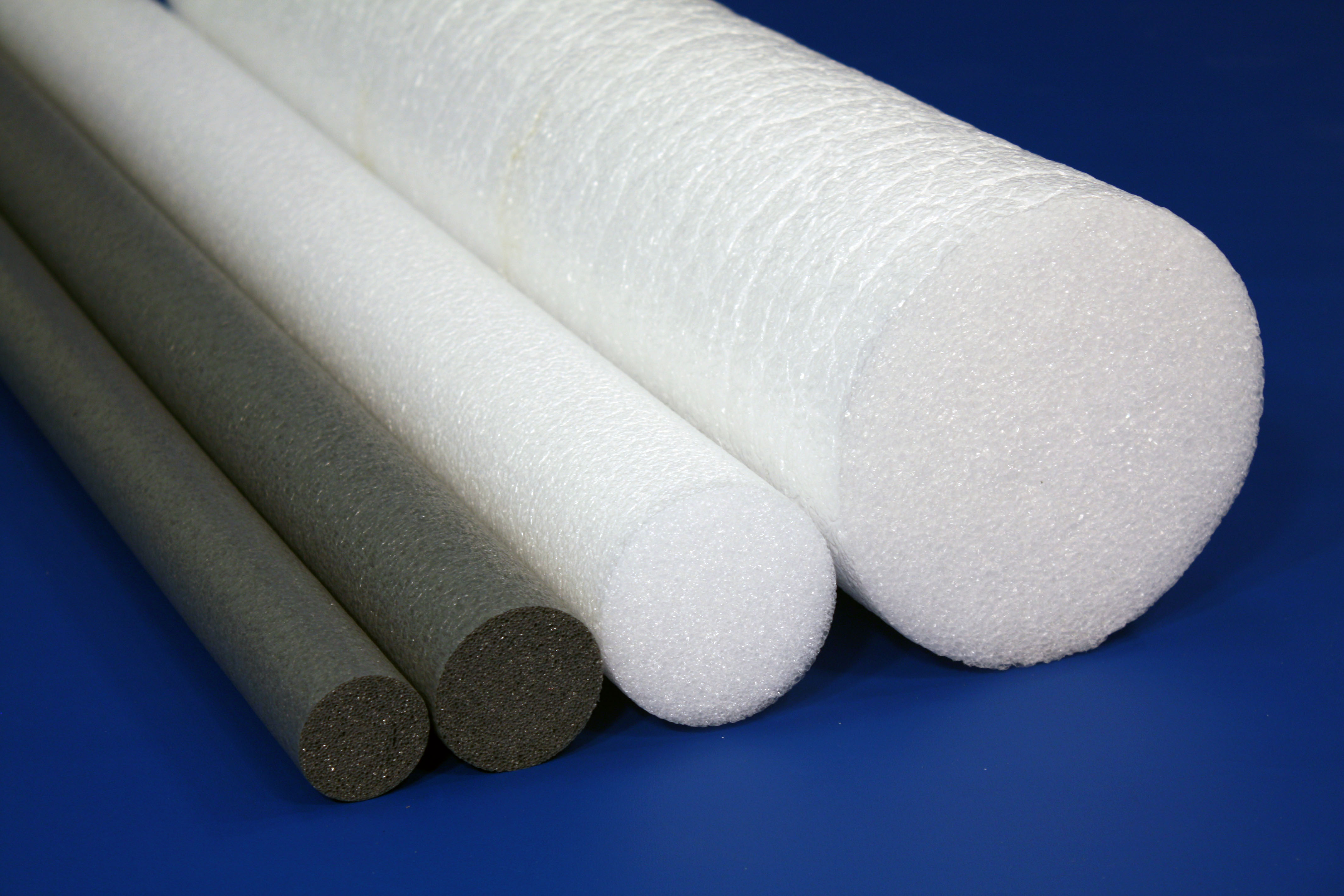










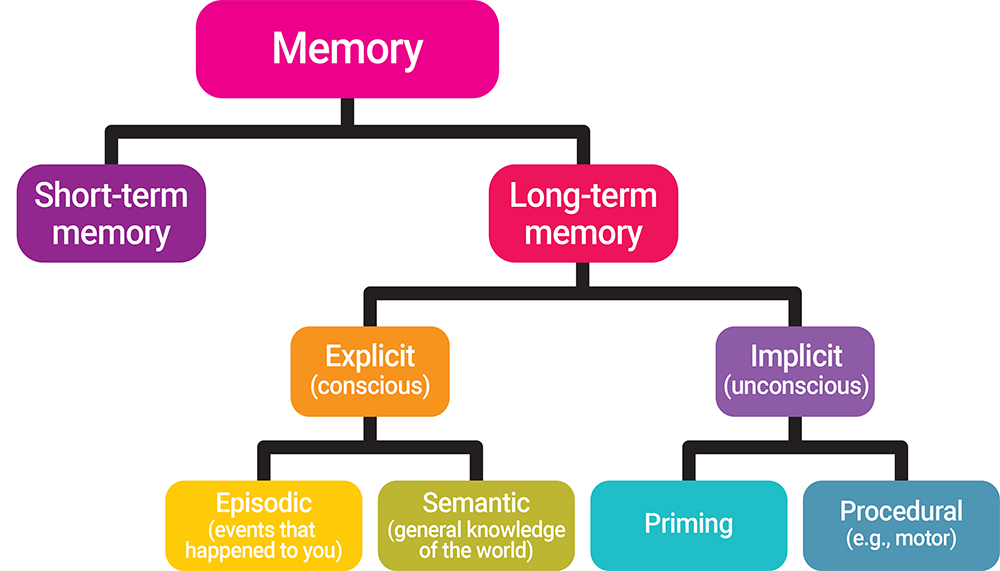











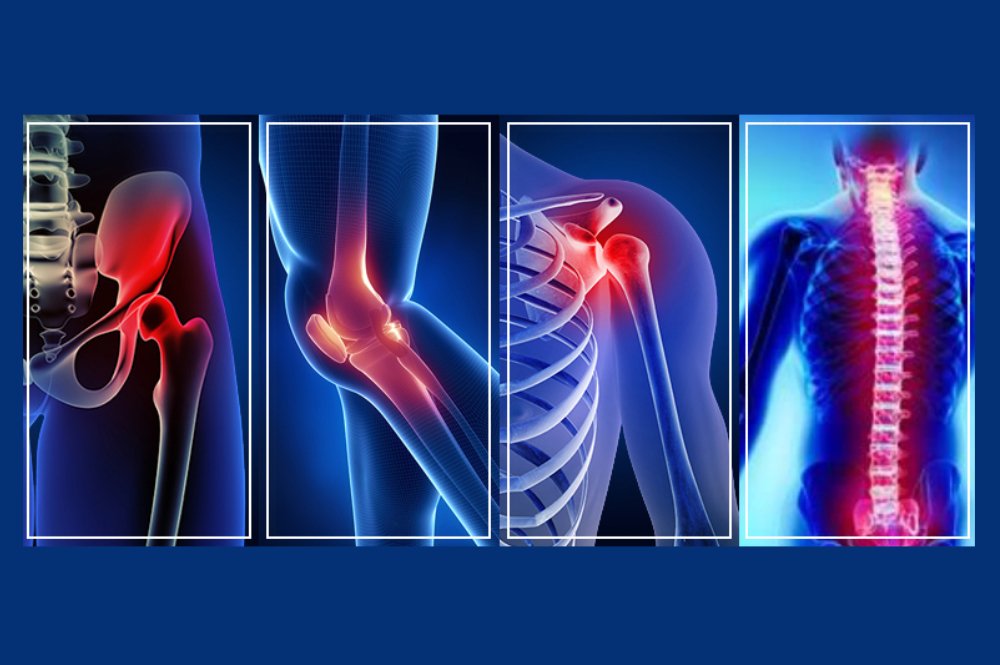
/orthotricyclenlo-56a1c4633df78cf7726dc335.jpg)
